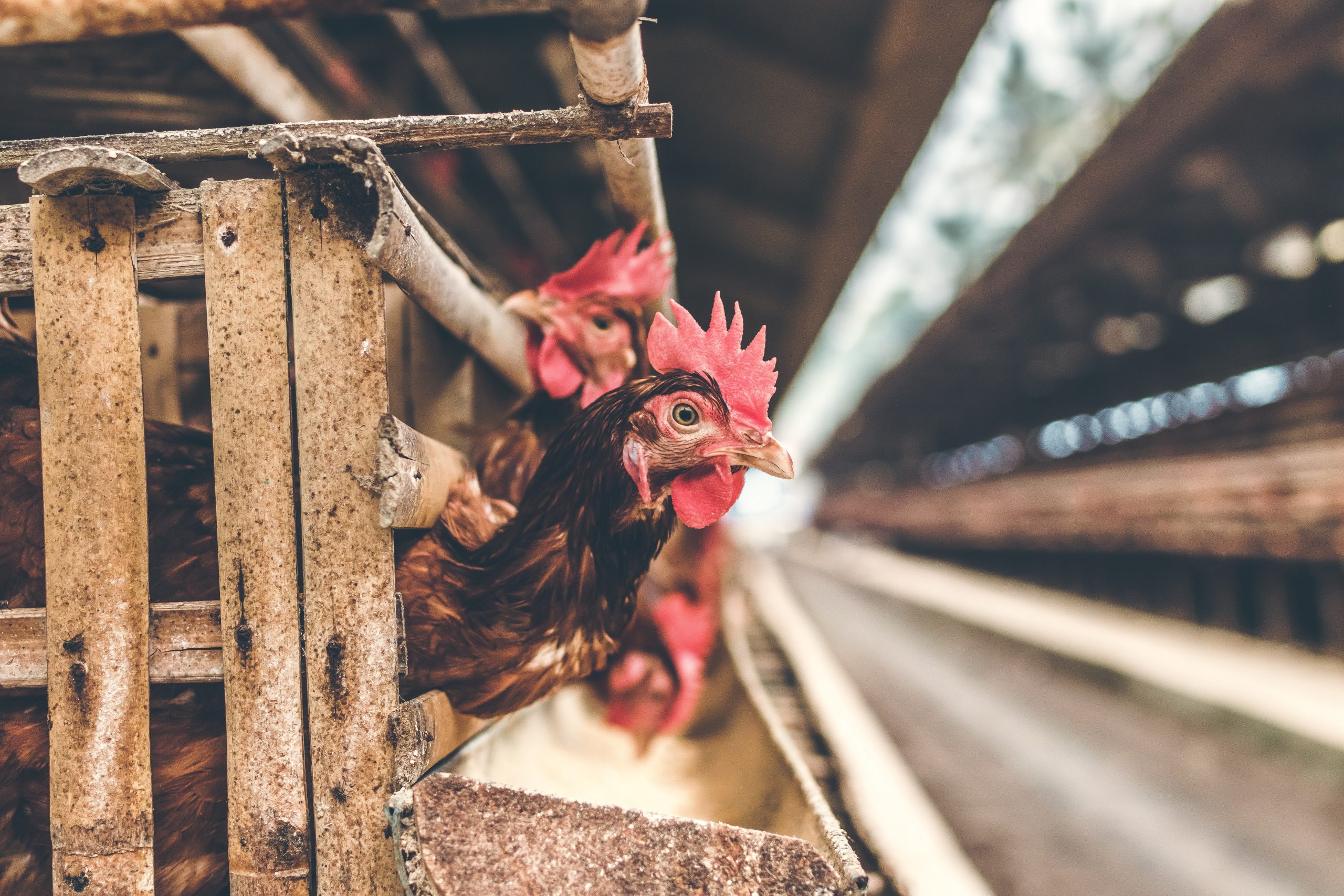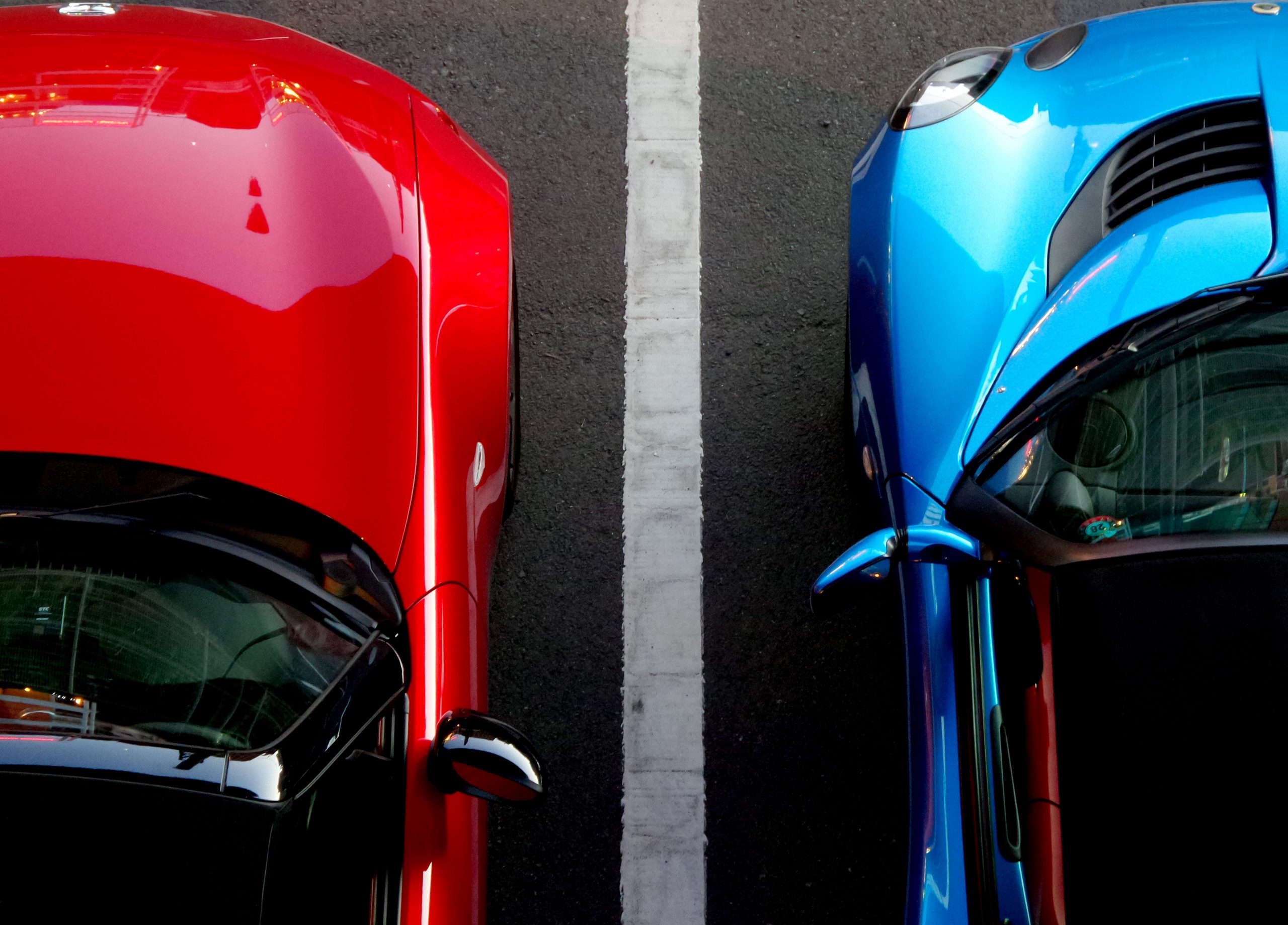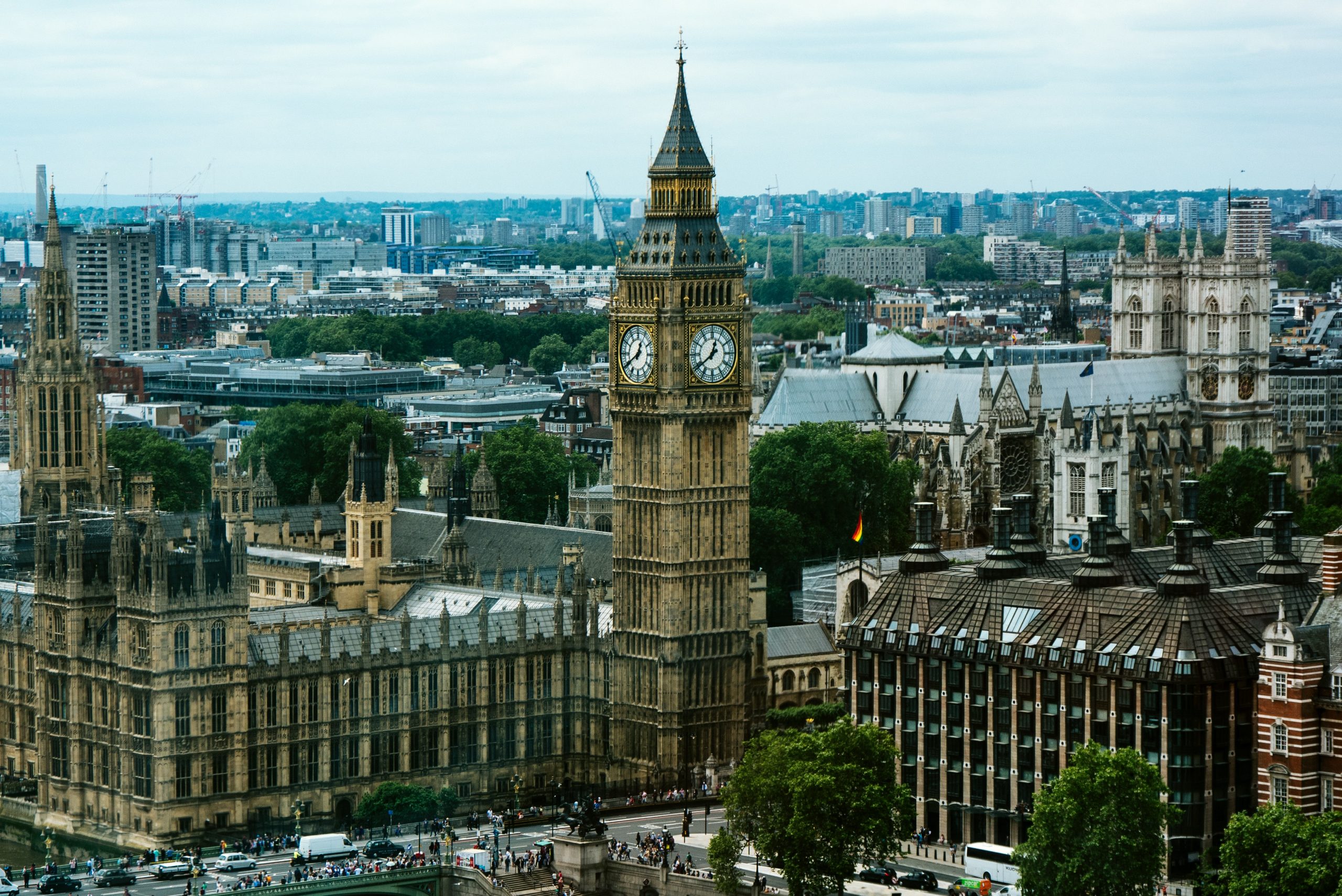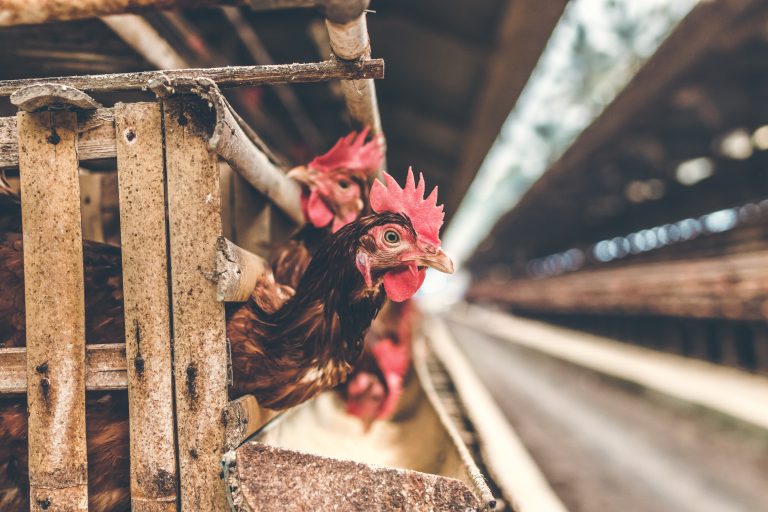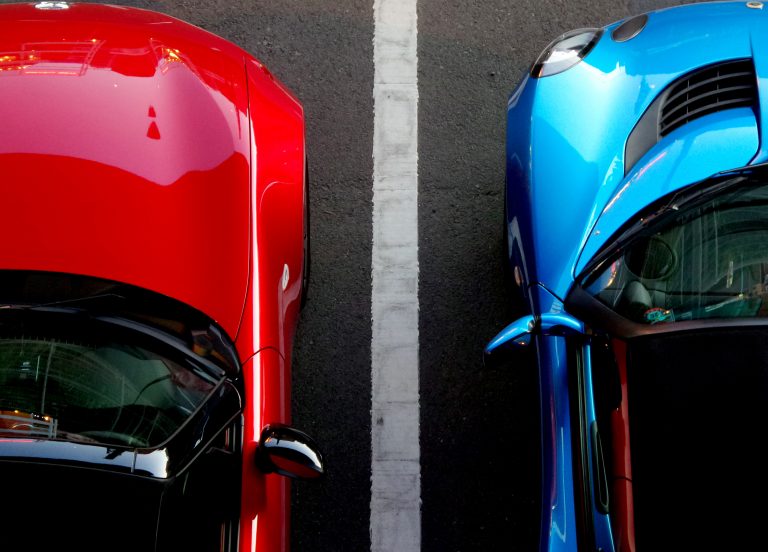Rising Bottle Prices Could Have People Crying in Their Beer at Oktoberfest
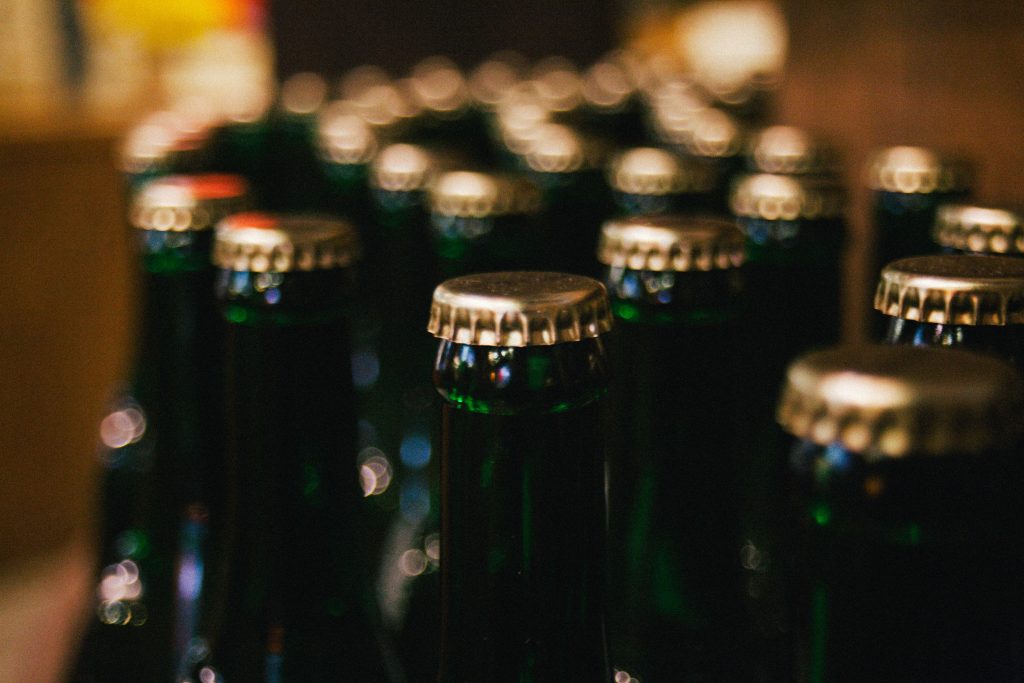
Thinking about heading to Munich for Octoberfest this year? If so, get ready to pull out your wallet. Your costs could be a lot higher than for a similar trip last year. Indeed, in today’s inflationary economy, prices are rising on just about everything. So, in addition to paying more for your flight, food, and hotel, you’ll probably end up paying more for your beer as well. In Germany, the cost of producing beer is rising as the price of the bottles used by breweries is up as much as 80 percent. What’s behind the increase in bottle prices? Rising energy prices are a significant factor. Indeed, bottle production is down because of the high cost of energy. Bottle supplies are being further disrupted by a shortage of lorry drivers. Those breweries without long term glassware contracts, often the smaller breweries, are facing the highest increase in prices. The bottle shortage is also expected to be that much more painful for small and medium-sized breweries as larger breweries receive their bottle shipments before smaller ones.
The situation is so dire that German beer drinkers are being urged to return their empties as soon as possible so that they can be recycled. In a country where cans are used infrequently, beer makers have few options. While they may absorb some of their higher production costs, it is anticipated that there will be an effort to push at least some of the additional cost along to buyers. However, beer makers will likely face resistance given that consumers are already facing higher grocery bills and rising prices for other household expenses. Now, as the bottle shortage threatens summer consumption, industry leaders are warning that the situation could become tense. Further, if the shortage persists, it will almost certainly affect Oktoberfest, the world’s largest beer festival, and could have longer term implications for the industry in general.
Discussion Questions:
1. Explain the link between rising energy prices, a shortage of truck drivers, and the higher cost of beer bottles. Then, explain why larger breweries are likely to feel less pain than their smaller counterparts from the increase in beer bottle prices and the shortage of bottles themselves. What does your response tell you about market power?
2. Reflect on the competition between Germany’s breweries. Will smaller breweries be able to survive the current situation, or do you think they will be forced to sell out to larger breweries? If they do sell out, how will competitive landscape change going forward?
3. In a country where beer gardens are a popular part of everyday life, rising beer prices and bottle shortages could threaten normal buyer behavior. Consider the spillover effects of higher beer prices in Germany. If buyers resist higher prices, how will Germany’s restaurant and tourism industries be affected? What other potential fallout do you see?
Sources| BBC: Germany beer bottle shortage: Industry warns of ‘tense’ situation; The Guardian: Beer lovers face bottle shortage as rising energy costs hit UK breweries

